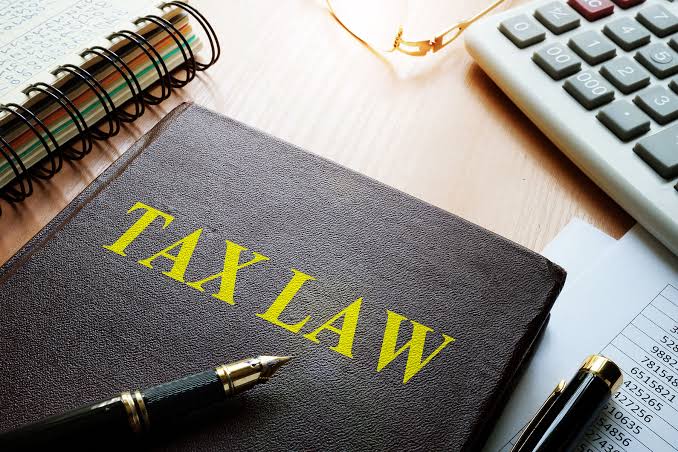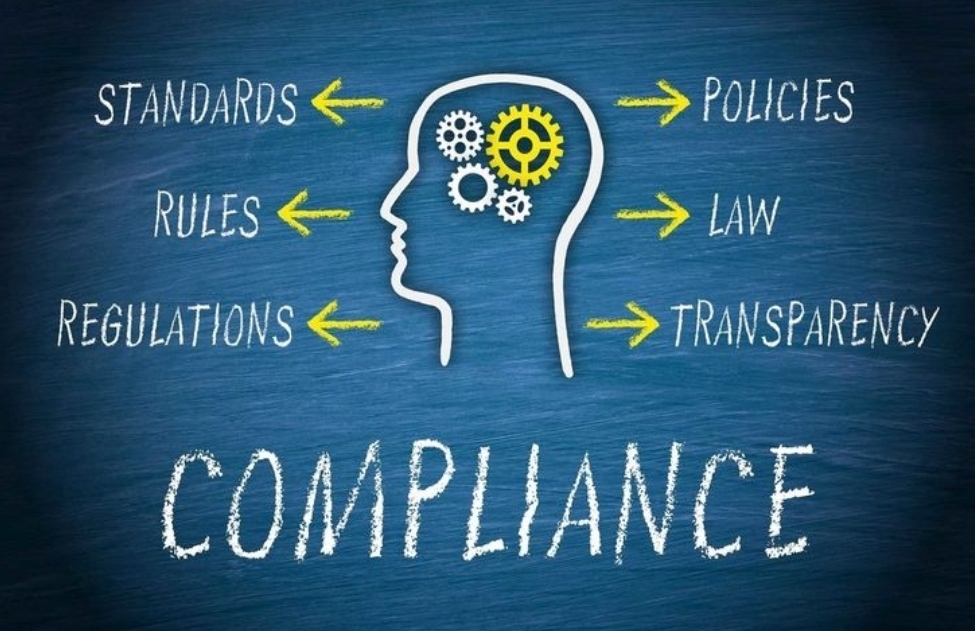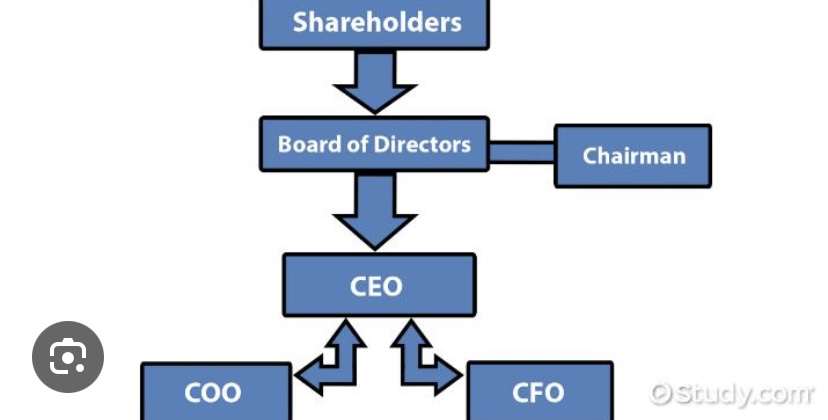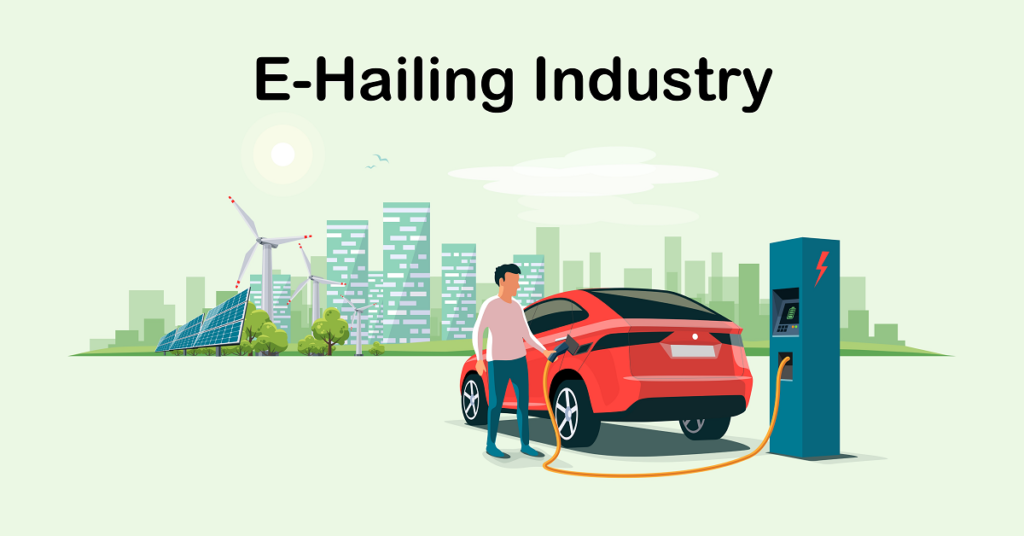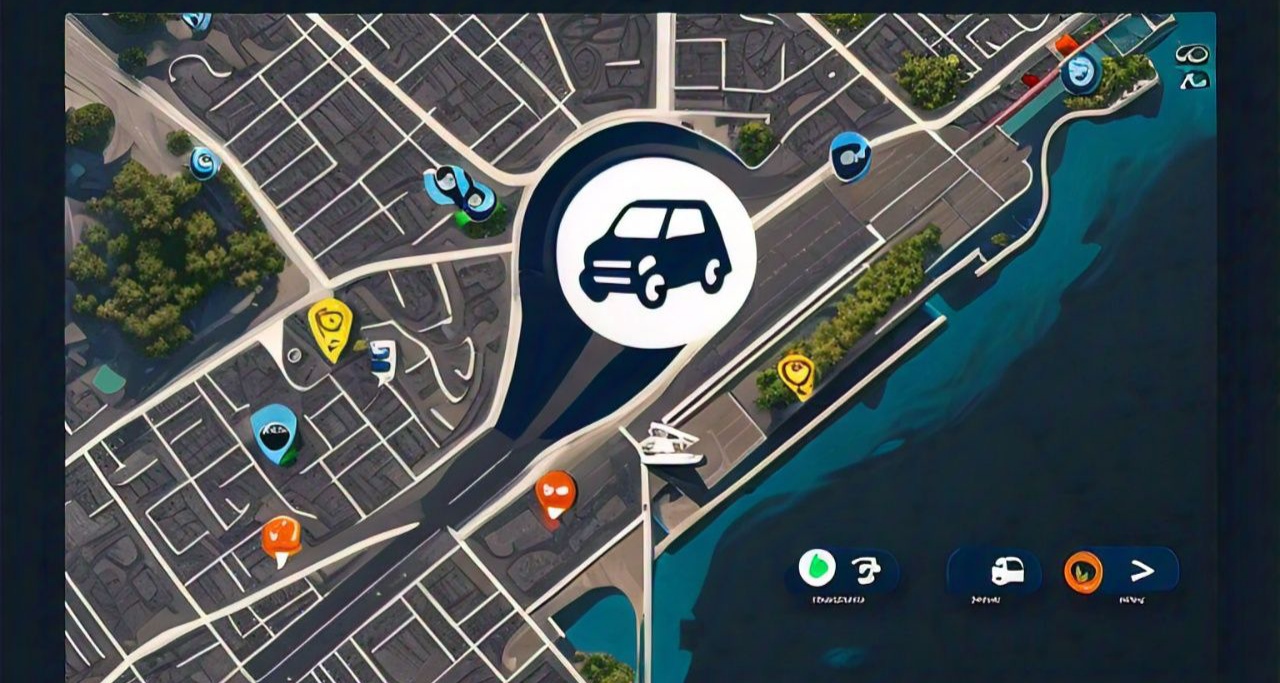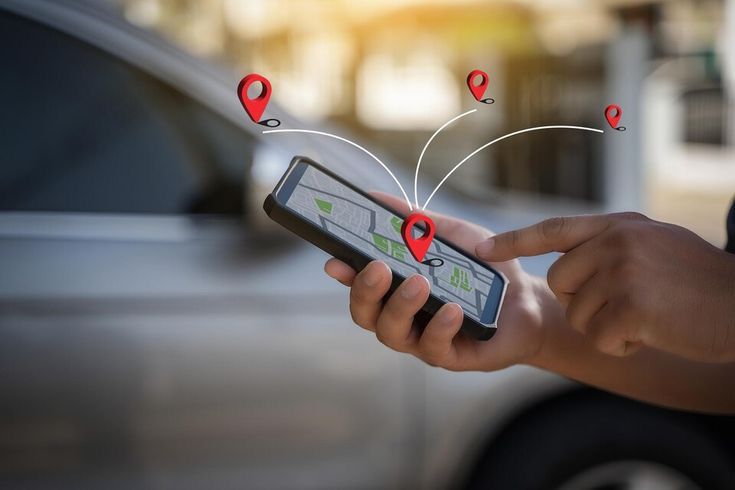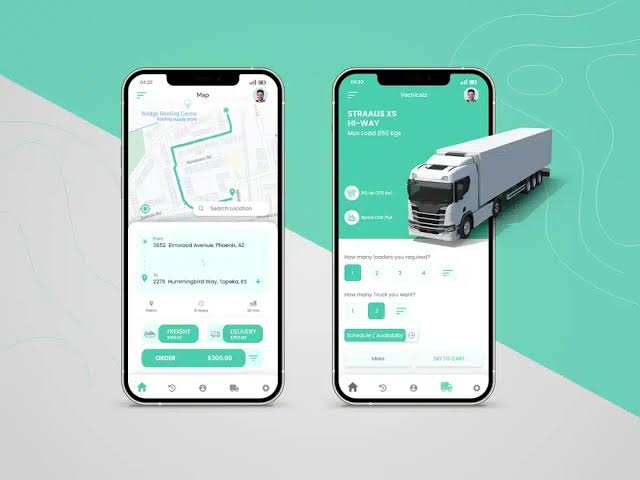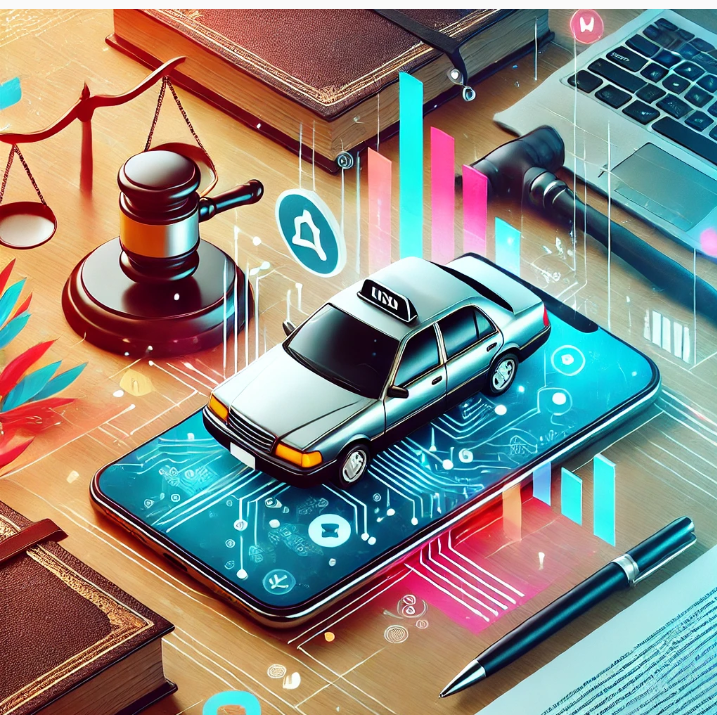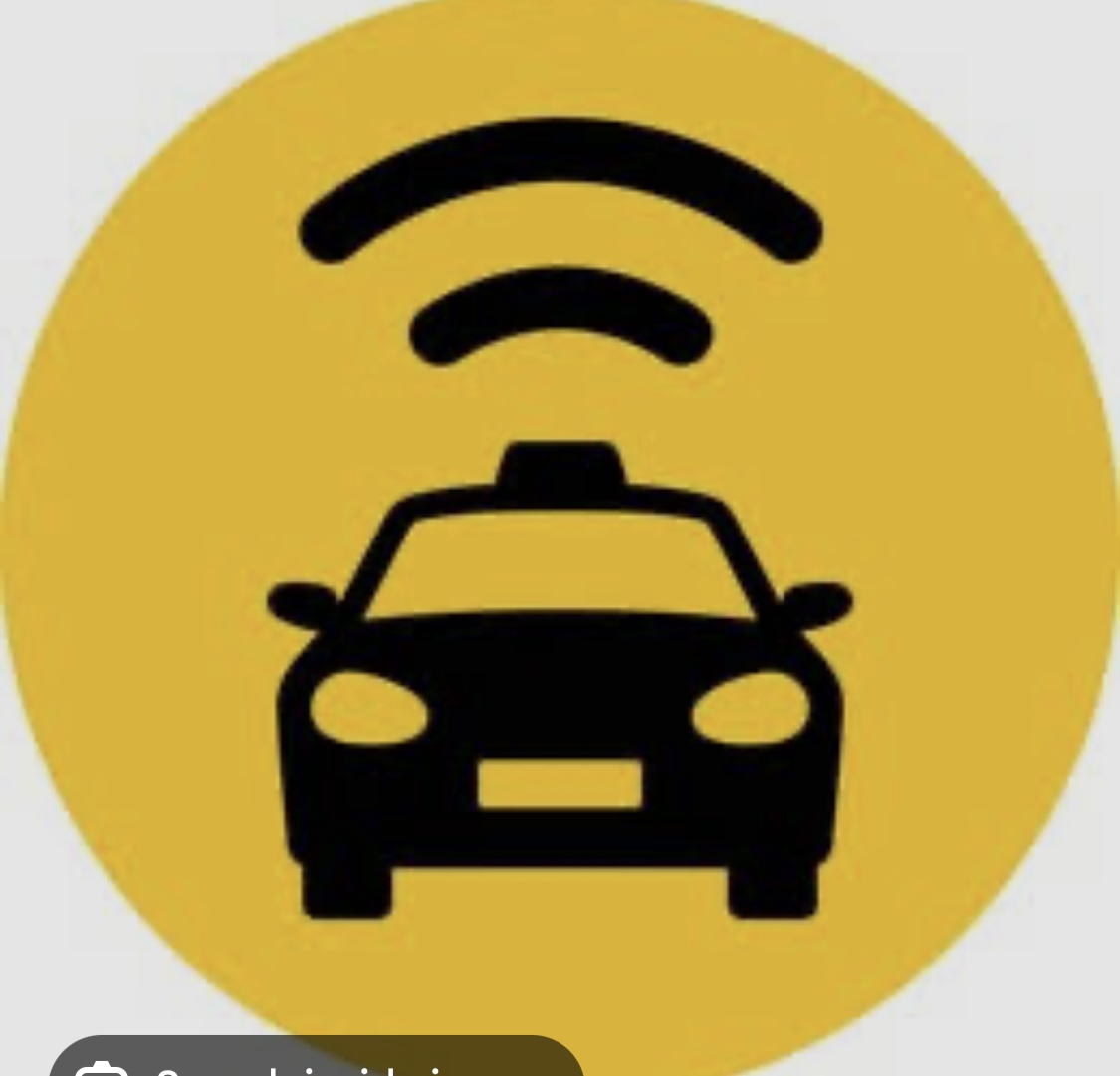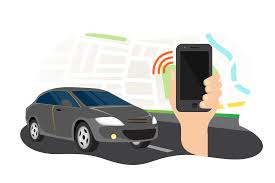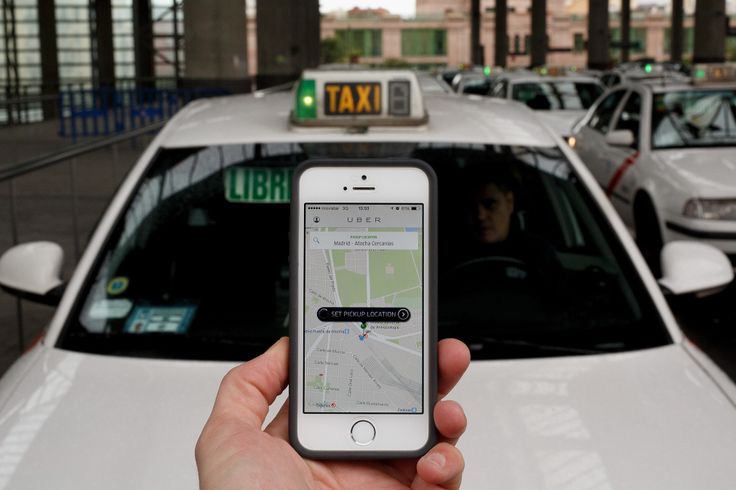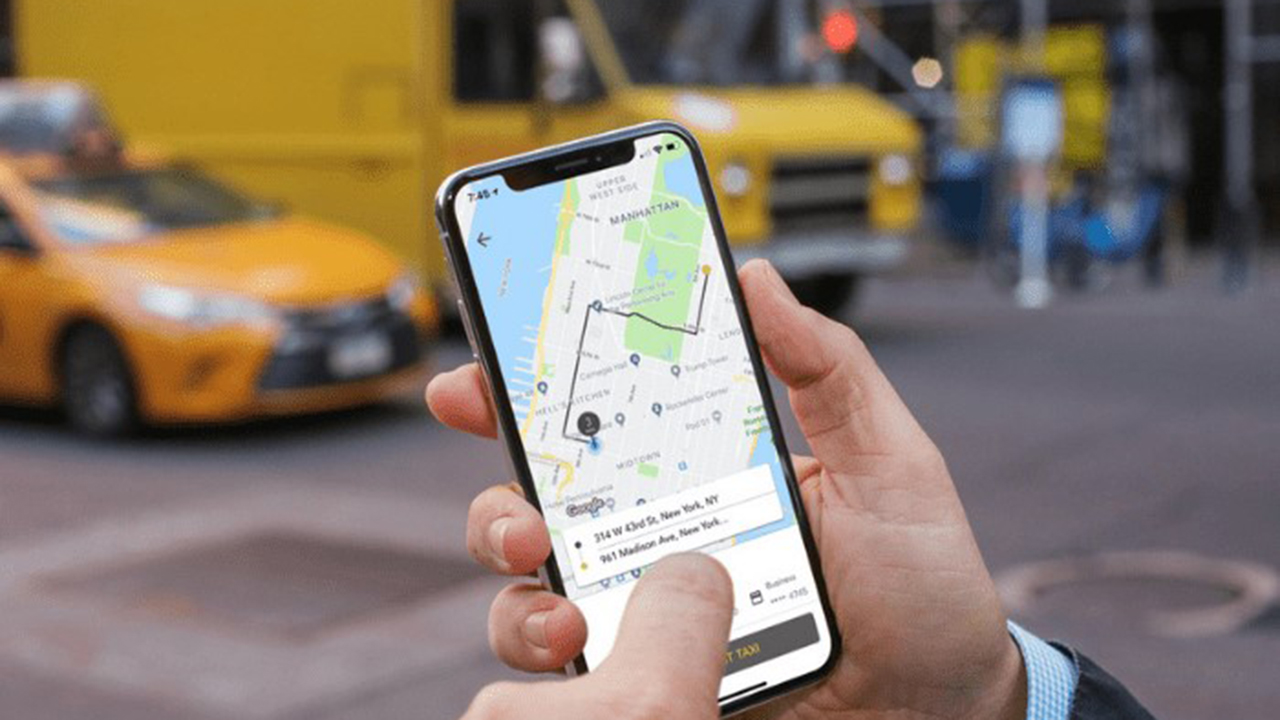
INTRODUCTION
Business start-ups in Nigeria encourage innovations, financial independence, creativity and much more.
E-hailing is a mode of transportation that connects passengers with vehicle drivers through the use of online platforms.
E-hailing tech startups may find it difficult to thrive in the transportation industry due to many factors, especially the legal factors involved if not adhered to, as violations of any may result in a revocation of e-hailing tech startup licenses.
This article contains the most suitable business structure, legal requirements, intellectual property protection, potential challenges and risks, and licenses for an e-hailing tech startup.
E-HAILING TECH STARTUPS IN NIGERIA
1. What type of business structure is most suitable for an e-hailing tech startup in Nigeria?
The most suitable business structure for an e-hailing tech startup in Nigeria is a Limited Liability Company (LLC). This business structure protects its shareholders, members and directors from being personally liable for any financial loss or debt incurred by the company.
Limited Liability Company may be a Public or Private Limited Liability. The main difference between these two lies in their ownership. In the former, ownership is held and distributed to the public by the trade of shares in a stock exchange, while in the latter, ownership is held privately and limited to owners and stakeholders, and stocks are not publicly traded in a stock exchange.
In regards to e-hail tech startups in Nigeria, a public liability company is the most suitable for its purpose. A public liability company (plc) is a business structure that allows the public to trade shares through an Initial Public Offering or a stock exchange, becoming shareholders of the company.
For a company in Nigeria to have the business structure of a public liability company, it must contain the following:
- The name of the company must end with the words “Public Limited Company” or its abbreviation “PLC”
- The shares and debentures offer no restriction on the transfer of its shares to the general public
- There is no limit to the maximum number of members
- If a person is over 70 years of age and can fulfil certain statutory conditions may be appointed as one of the directors of the company
- It is necessary for a Public Limited Company to hold a statutory meeting within 6 months of its establishment, etc.
Plc is most suitable for e-hailing tech startups in Nigeria due to its ease of registration, access to capital, wider ownership and reduced risk and growth opportunity. However, all of the above-mentioned come with tough legal and regulatory requirements compared to that of a private liability company.
2. What specific legal requirements and regulations should the startup comply with?
Several legal frameworks have been established for startups and existing businesses to comply strictly. Some include;
- Companies and Allied Matters Act (CAMA) 2020
- National Information Technology Development Agency, (NITDA) 2007
- Tax Regulations
- National Office for Technology Acquisition and Promotion (NOTAP) Act
- The Labour Act, 2004
- Companies and Allied Matters Act (CAMA) 2020: This Act that regulates the incorporation and management of companies in Nigeria. The Corporate Affairs Commission (CAC) is the regulatory body, established to administer the Act, including the regulation and supervision of the formation, incorporation, management and winding up of companies, as provided in Section 7 of the CAMA Act, 2020. CAC is responsible for registration of businesses for legal validity purposes. Companies are required to make and file annual returns and its audited accounts once every year. The annual returns are required to show that the company is a going concern and provide updated records to the CAC.
- National Information Technology Development Agency, (NITDA) 2007: This Act implements the Nigerian Information Technology Policy and coordinates general IT development in the country. After the registration of the company, a startup label issued by NITDA is to be obtained.
- Tax Regulations: Startups must register with the Federal Inland Revenue Service (FIRS) obtaining a Tax Identification Number or the State Inland Revenue Service. Employees of e-hailing tech startups are also required to pay Personal Income Tax (PIT).
- National Office for Technology Acquisition and Promotion (NOTAP) Act: NOTAP is responsible for ensuring that all contracts and agreements entered into for the transfer of foreign technology to Nigerians are registered and in line with the acceptable purposes provided for in the National Office for Technology Acquisition and Promotion Act. It also coordinates Nigeria's initiatives in technology transfer; evaluation and registration of technology transfer agreements; promotion of innovation, patenting & intellectual property; technology advisory and support services, etc.
- The Labour Act, 2004: This Act regulates and guides employment relationship in Nigeria, looks into their rights, working conditions, minimum wage, termination clauses and other set by the government.
3. How can the startup protect its intellectual property, such as the mobile app and business model?
Startups can protect its intellectual property ranging from trademarks, copyrights, patents, trade secrets.
- Trademark: This is a design, logo, or picture that identifies and distinguishes the products of one party from others. Trademarks of e-hailing tech startups are to be registered under the Trade Marks Act. This includes the company’s name, logo, slogan, etc.
- Copyright: This refers to the rights creators have over their works. The computer software, ads, website content, app code and graphics of the e-hailing tech startups should be registered under the Copyrights Act, 2022.
- Patent: This is an exclusive right granted for an invention. A patent is granted by the Nigerian government. The mobile apps and apps ideas of the e-hailing tech startups are patentable and they are to be registered under the Patents and Designs Act, 2004, as it prevents unauthorized usage.
- Trade Secrets: These are confidential information that gives companies an edge over competitors in their marketplace. E-hailing tech startup trade secrets may include the algorithm of the mobile app’s operation. This can be protected by involved employees or persons signing a non-disclosure agreement.
4. What are the potential challenges and risks associated with operating an e-hailing tech startup in Nigeria?
Irrespective of the growth contributed in the transportation industry by e-hailing tech startups, several factors poses as potential challenges and risks. Some include:
- Poor and unstable internet connectivity: Booking a ride may be frustrated by the unstable internet connection in Nigeria. Additionally, cashless transactions have become a norm, and this may bring challenges for the drivers. Connectivity issues may lead to inability of passengers to pay their transport fare upon arrival at their destination, poor communication between passengers and drivers before the ride, difficulty in finding the easiest and quickest route, etc.
- Insecurity for users and passengers: The prevalent insecurity condition in Nigeria has led to a fall in the demand of use of e-hailing services. In some cases, kidnappers pose as drivers and use the opportunity to harm and rob passengers. This has discouraged the public from requesting the services of e-hailing tech startups.
- Vehicle maintenance cost: Regular use of vehicles in the e-hailing business leads to the depreciation of the vehicles, considering the bad roads in Nigeria. However, e-hailing business drivers bear the majority of the costs if not all, trying to find a balance between income earned and spending on vehicle repairs and maintenance.
- Competition: Existing e-hailing tech businesses such as Bolt, Uber, and In-drive have built a strong reputation among the public irrespective of their shortcomings. E-hailing tech startups may struggle to thrive so far amongst such competition.
5. What are the necessary licenses and permits required to operate an e-hailing service in Nigeria?
To operate an e-hailing service in Nigeria, there are necessary licenses and permits required. They include:
- Business Registration: E-hailing companies must be registered with the Corporate Affairs Commission under the CAMA Act.
- Driver and Vehicle documentation: Drivers must have a valid driver’s license. Also, the vehicles used must: have a title or manufacturer’s certificate of origin; a bill of vehicle sale or vehicle lease agreement; a taxicab license (hard card), special plate number, proof of ownership, pre-registration inspection certificate, roadworthiness certificate, comprehensive insurance policy, vehicle license, hackney permit, approved route document (body tag), and driver’s badge.
- Service entity permits: These are for app owners.
- Federal Road Safety Corps permit: This is to ensure the road safety standards are met.
- Insurance: This is to protect the vehicle and parties (drivers and/or passengers) that may be involved in an accident.
CONCLUSION
In conclusion, e-hailing tech startups in Nigeria have contributed to the growth of the transportation industry by providing solutions to their needs and improving urban mobility. However, these E-hailing tech startups must adhere strictly to the legal regulations in existence.
The long-term success of the e-hailing tech startups is dependent on the company’s adherence to legal requirements, protection of its intellectual property, obtaining the necessary licenses and permits, ability to ensure customer satisfaction and marketing strategies.
REFERENCES
Corporate structuring for startups in Nigeria: Legal considerations. S.P.A. Ajibade & Co. (2023b, November 25). https://spaajibade.com/corporate-structuring-for-startups-in-nigeria-legal-considerations/ (Accessed: 11 September 2024).
Public Limited Company in Nigeria. Public Limited Company Nigeria | Business Setup Worldwide. (n.d.). https://www.businesssetup.com/ng/public-limited-company-nigeria (Accessed: 11 September 2024).
Legal compliance for tech start-ups in Nigeria: A leading commercial & dispute resolution law firm in Nigeria. A Leading Commercial & Dispute Resolution Law Firm in Nigeria |. (2023, March 16). https://www.doa-law.com/legal-compliance-for-tech-start-ups-in-nigeria/ (Accessed: 11 September 2024).
Irejournals. (n.d.). https://www.irejournals.com/formatedpaper/1704638.pdf (Accessed: 11 September 2024).
Establishing A Ride-hailing Services: Local and Inter-City Transport Services in Nigeria. https://qeeva.com/establishing-a-ride-hailing-services-local-and-inter-city-transport-services-in-nigeria/(Accessed: 11 September 2024).




